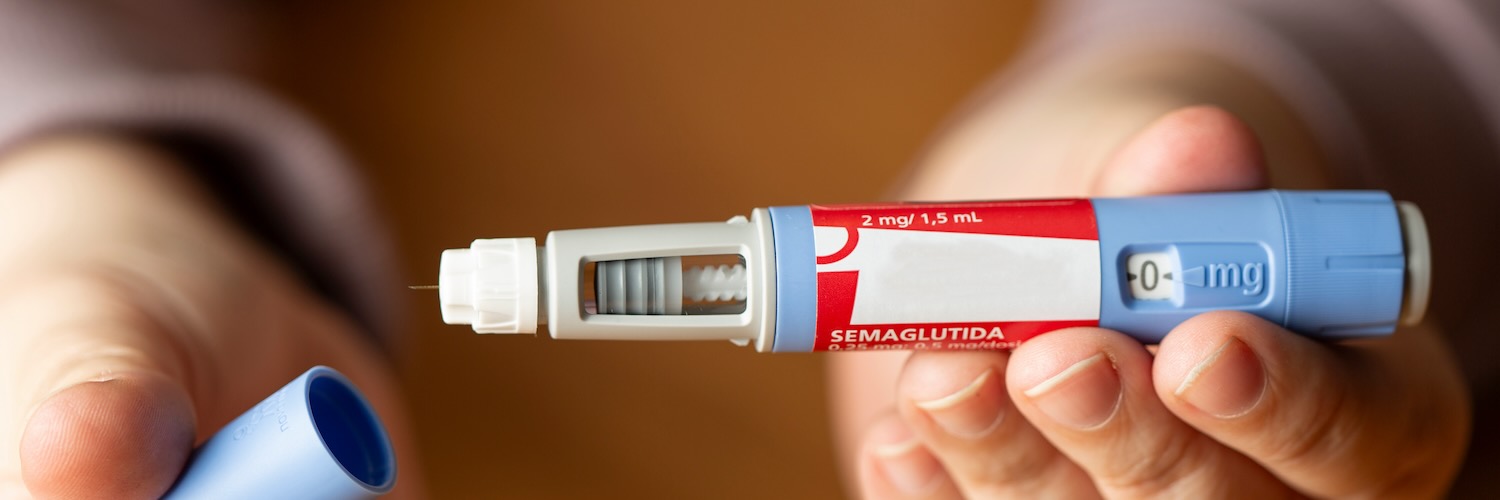
Official Higa Bariatrics Blog
After Bariatric Surgery
BMI
Diet
Exercise
Gallbladder
Gastric Bypass
Gastric Sleeve
GERD
Hernia
In the News
Obesity
Paying for Weight Loss Surgery
Peripheral Artery Disease
Risks & Considerations
Support
Weight Loss
Weight Loss Medications
Weight Loss Surgery




